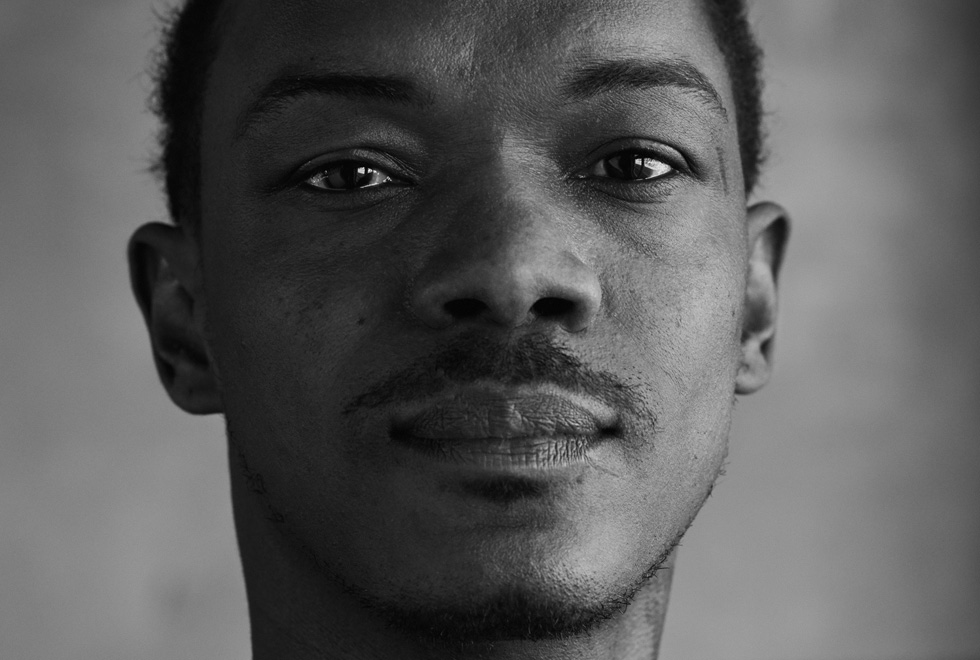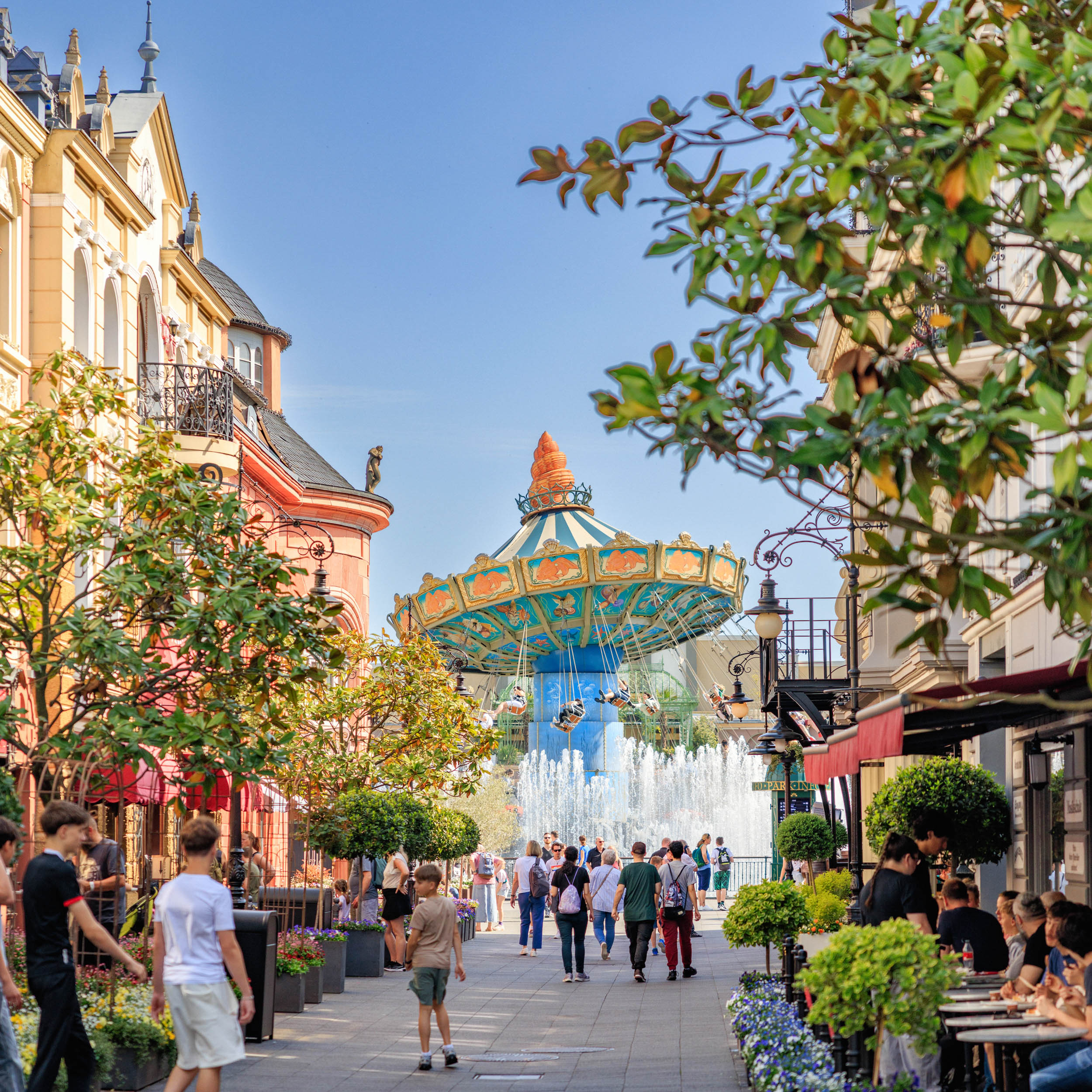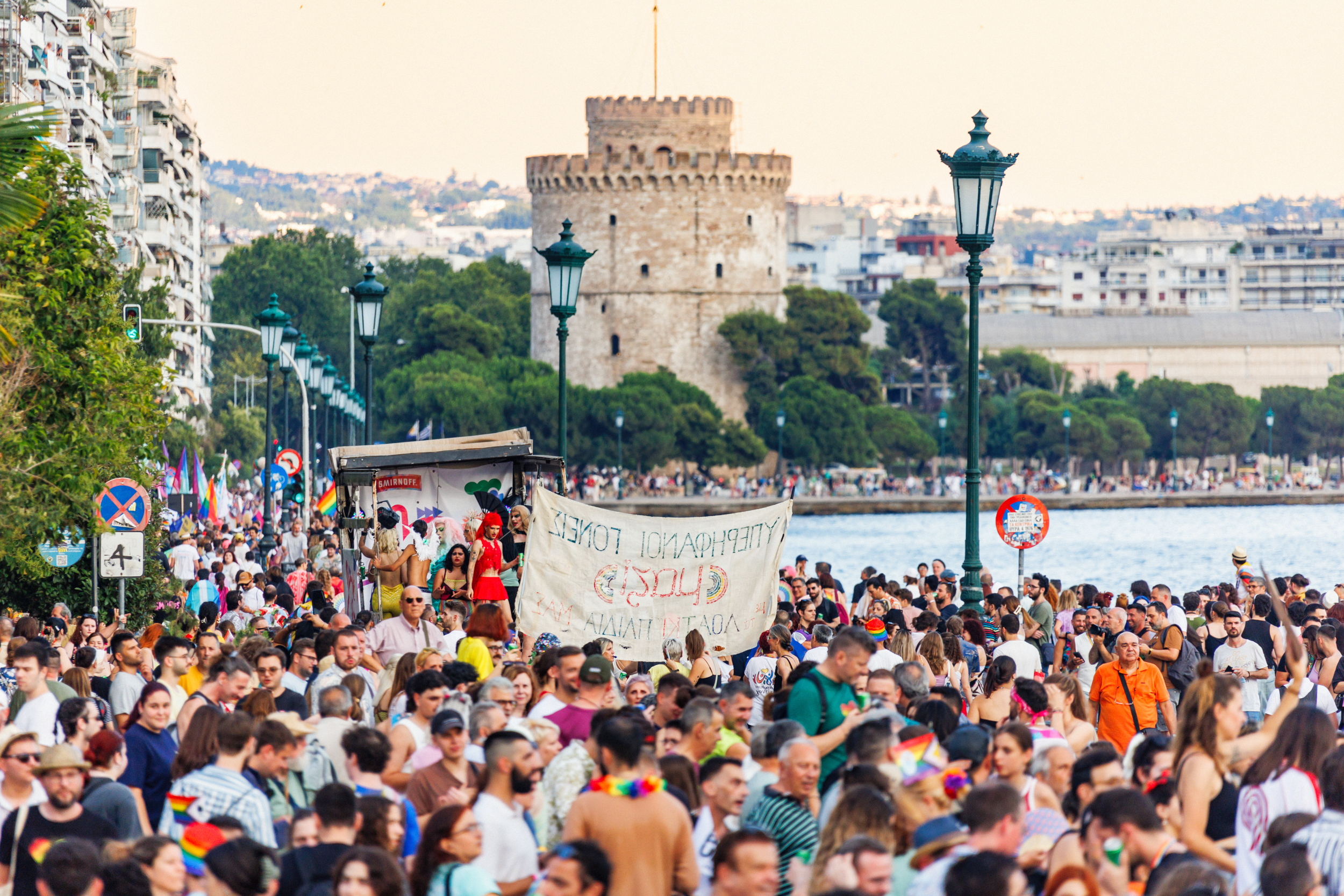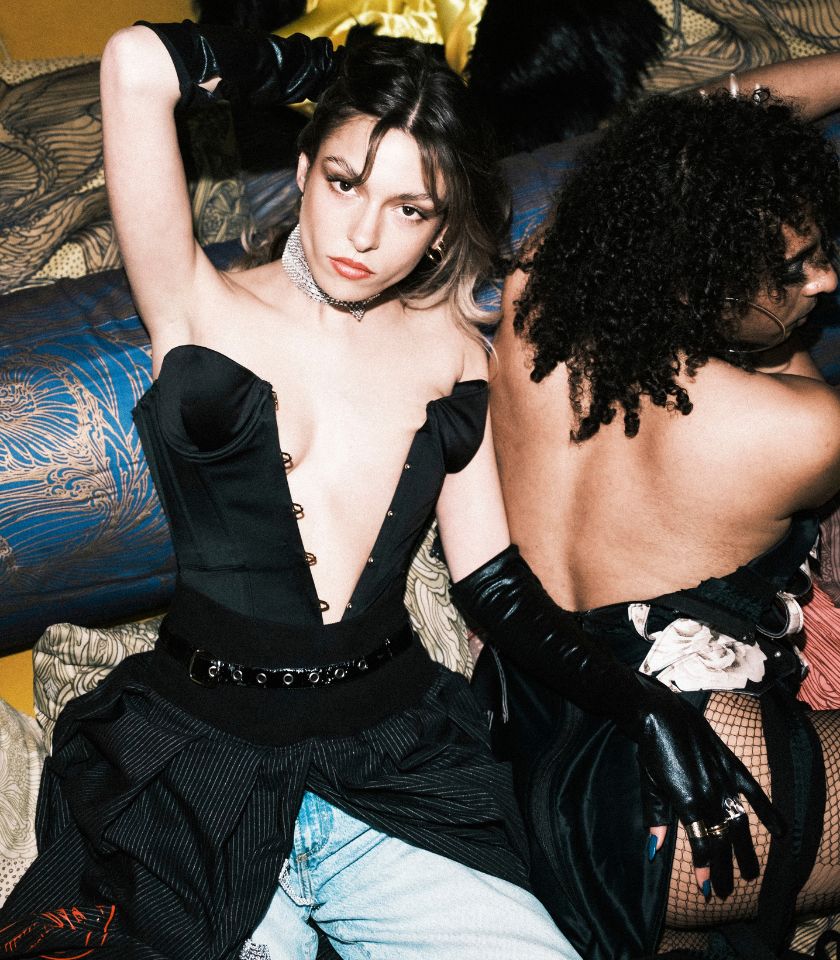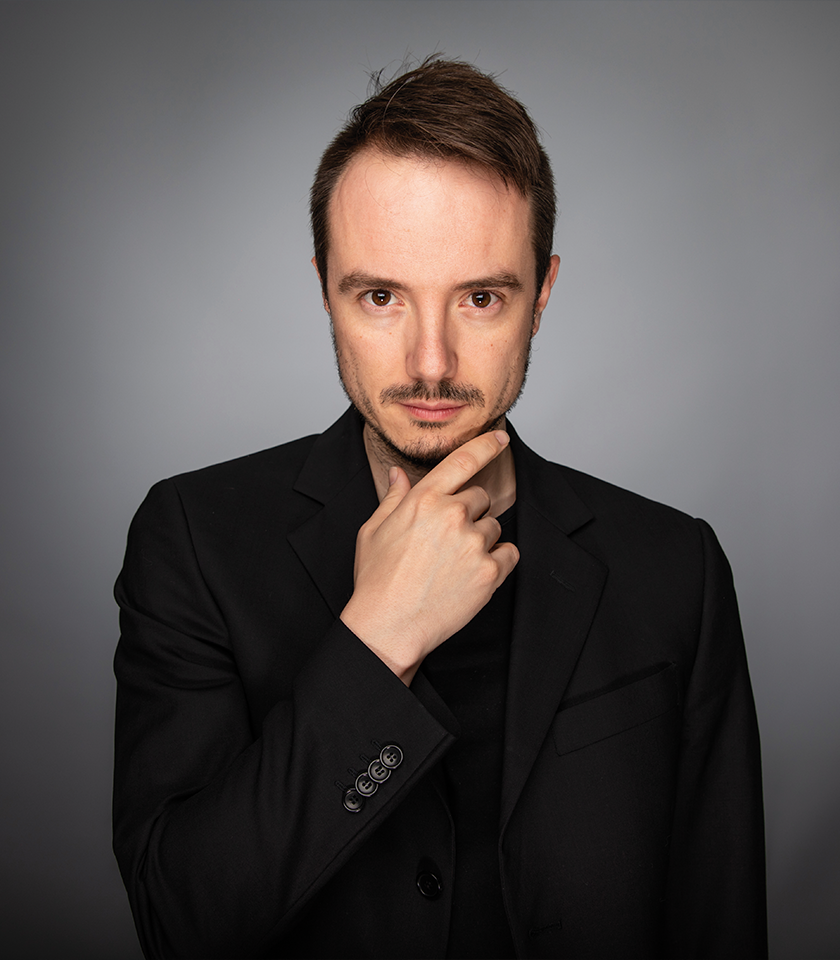Sudeene Suckoo (34) is currently living in Giessen, Germany. He has fled Jamaica because living there as a gay man had simply become unbearable and too dangerous for him. After being chased, robbed and attacked on several occasions, he made the decision to leave his country. Realising the necessity to leave to save his own life, he got in touch with the organization Rainbow Railroad, which supported him in getting out of Jamaica and starting a new life in Germany. Sudeene is one of the faces of the ongoing Pink Triangle Campaign.
“My reason for coming to Germany was that life had become unbearable in Jamaica. I have been chased, robbed and targeted because I am a gay man on several occasions.”
Sudeene grew up in Jamaica and had been working as a community peer educator for the ministry of health, raising awareness on HIV-related topics within Jamaica’s queer community (particularly that of men having sex with men). He tells us that – partly due to international pressure – action by the government is taken to educate on topics like HIV within the queer community, but this is more of a token gesture than a sincere approach to improve things. Many of his former co-workers working with the community were homophobic and saturated with prejudices. That fact being known within the LGBTIQ community obviously leads to distrust and doubt towards the authorities and health institutions. Consequently, many people refuse to engage with the health care system, being afraid of discrimination and being outed in an unsafe environment.
“I heard staff members saying that all these guys need is just some lube and some condoms and they are good. (…) To me these jobs should be done by men who have sex with men or at least by open-minded people.”
While in Jamaica, Sudeene faced verbal discrimination frequently, being called things like “fish”, or “battyman” [1]. People would even say: “All battyman must die” [2]. Being openly gay in his work environment or in his family simply wasn’t an option, but people noticed him hanging out with friends from the queer community, and rumours spread quickly. He carries several scars from chases and attacks.
Once, Sudeene recounts, he’s on his way home from work and meets a friend. They walk through the city, together with other gay friends, joking around in the streets. Sudeene feels uncomfortable with the situation and tells his friend to get going. Then they realise that they are already being followed by a crowd. They are chased through the whole town, fearing for their lives. This time, he gets away without being injured, but things aren’t always like that.
Another situation Sudeene tells of is the funeral of a good gay friend of his, Kirk Lester. During the service, all of a sudden, there are bottles coming through every single window of the church. Most of the vehicles out front are completely ruined. The crowd has to leave due to security reasons and the funeral happens with no one there but the people responsible for the service. Friends and family of Kirk Lester were brutally deprived of the possibility to give their last respects, disturbed in their grief and attacked once again.
Homophobia runs deep within Jamaican society and is often justified with religion: people coming up with vague or wrongly cited Bible quotes, trying to prove that “homosexuality is wrong”. It’s condemned as wrong and deemed a sin. The mobs chasing and violently attacking LGBTIQ people consist of civilians knowing that they won’t face rough consequences from the authorities: they feel confirmed in their hate. Both the church and government authorities contribute to the hostile situation for LGBTIQ people living in Jamaica, preaching that homosexuality is something unnatural and wrong.
Sudeene had been in touch with a Jamaican activist at Rainbow Railroad for a long time, but at some point he contacted him with a decision: because living in constant fear of attacks had become insufferable, he had to leave the country. The organisation then helped get him out and gave him support with his visa application and a “new start” in Germany.
Sudeene is very close to his mother and calls her his best friend. She is the most important person in his life, and she is suffering of breast cancer. He misses her a lot, they often talk on the phone, and he knows the sound of silence when she’s crying. Leaving her and his grandmother behind was one of the hardest decisions he ever had to make, afraid that he would never see them again.
Every now and then he gets shocking messages from friends who are still living in Jamaica. One of them has been ganged: He sends Sudeene pictures of his scars and injuries. Another friend gets outed on Facebook and now has to be in fear for his life. One week after our interview, Sudeene provides us with pictures of his close friend who has been brutally attacked on his way home from work: he got beaten and endured severe injuries; his throat had been cut with a knife. Sudeene tells us that he feels lucky to be in a safe place. Though it’s hard to be far from his sick mother and to recover from what has happened to him. He has anger problems due to what he went through in Jamaica. This sometimes makes it terribly hard to focus on everyday life or to concentrate in class. It is only now that he is starting to find some peace.
For now, Sudeene is taking German classes and wishes to go back to social work after finishing the language course. He has a community of people supporting him and caring for him. Nevertheless, he likes to have his space, to just stay on his own: reading and reflecting on what has happened and where his life is going now.
“It is important to believe in yourself and do the things you think are right. Just continue to hold on. Some days will be bad, but not every day is going to be bad. There will be a time when the change that you want to come will come. Sometimes the change will not really be how you wanted it to be, but it will come. So just fight for what you believe in, that’s what I have been doing over the years and what I am going to continue doing.”
[1] Highly offensive Jamaican slang term for gay man
[2] There are several very famous but severely homophobic reggae songs from Jamaican artists, containing violent titles and lyrics like ”battyman fi dead”, meaning all gay men should be killed.
www.pinktriangleissue.com
Text: Djamila Grandits
Foto: Olaf Blecker

